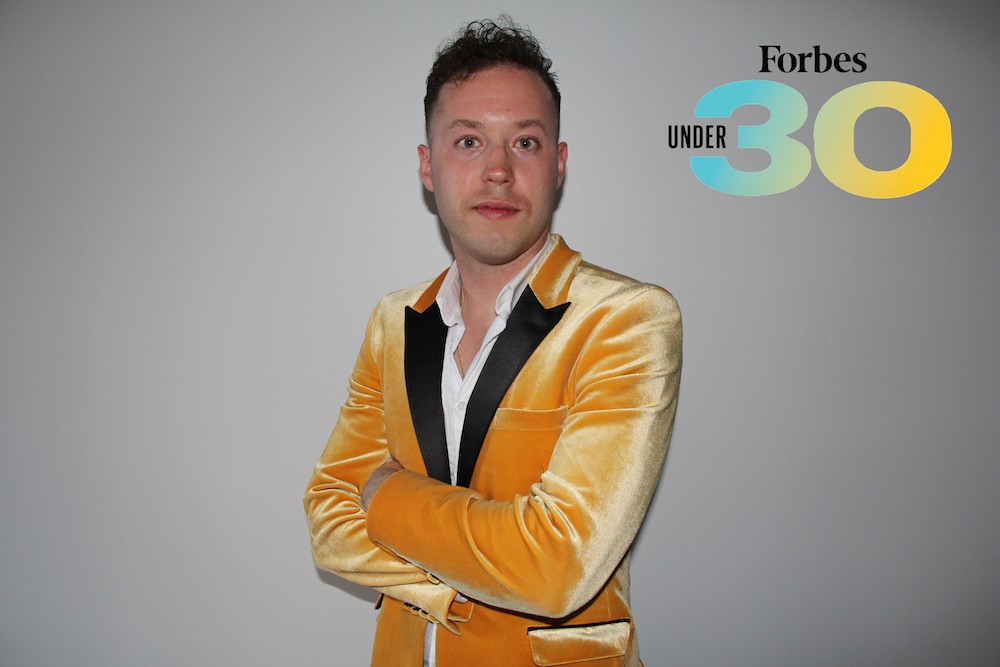What attracted you to the MRes in Biomedical Research (Data Science)?
The MRes Biomedical Research (Data Science) course was a perfect blend of my passions for biomedical engineering and data science. I was particularly attracted to the idea of harnessing data to uncover insights that could potentially save lives and improve health outcomes. This degree opens doors to numerous industries, including healthcare, pharmaceuticals, biotechnology, finance, and technology, providing incredible versatility in career options. Additionally, the flexibility in terms of working time and space was highly appealing. The ability to work remotely and manage my own schedule allows for a better work-life balance and the opportunity to collaborate with global teams. The prospect of working on projects that directly impact patient care and contribute to medical advancements was incredibly motivating for me.
What specific aspects of the teaching or course format did you enjoy the most?
 I loved the hands-on, research-intensive approach of the course. Being able to dive deep into projects that addressed real-world health problems was both challenging and immensely rewarding. The collaborative environment at Imperial, where I could work alongside and learn from some of the brightest minds in the field, was truly inspiring. The lack of traditional test/exam evaluations allowed us to focus on practical learning and research. The freedom to choose the topics of both projects, while having an extensive list as a reference, enabled me to pursue areas I was passionate about. The small number of lectures and the flexibility to learn what we liked most added to the course's appeal. The support and mentorship from the faculty, who were always willing to guide and push us beyond our limits, were invaluable.
I loved the hands-on, research-intensive approach of the course. Being able to dive deep into projects that addressed real-world health problems was both challenging and immensely rewarding. The collaborative environment at Imperial, where I could work alongside and learn from some of the brightest minds in the field, was truly inspiring. The lack of traditional test/exam evaluations allowed us to focus on practical learning and research. The freedom to choose the topics of both projects, while having an extensive list as a reference, enabled me to pursue areas I was passionate about. The small number of lectures and the flexibility to learn what we liked most added to the course's appeal. The support and mentorship from the faculty, who were always willing to guide and push us beyond our limits, were invaluable.
How do you think the course will impact your future career?
This course has profoundly shaped my career trajectory. The skills and knowledge I acquired in data science and biomedical research are foundational to my current work in computational medicine. It has given me the tools to tackle complex health issues with innovative solutions. The experience also instilled in me a deep sense of purpose and commitment to leveraging technology for the betterment of healthcare, which will undoubtedly drive my future endeavors. The promotion of rigorous and ethical research practices was a cornerstone of the program, ensuring that I approach my work with integrity and responsibility. Additionally, the friendships and professional connections I made have created a network of potential future colleagues. Working with some of the most advanced tools and technologies in the world has thoroughly prepared me for future challenges, equipping me with the practical skills and confidence needed to succeed in any high-stakes environment.
Why did you choose Imperial College London?
I chose Imperial College London because it stands at the forefront of scientific and technological innovation. The opportunity to be part of such a prestigious institution, known for its cutting-edge research and impactful contributions to science, was a dream come true. Imperial’s strong emphasis on interdisciplinary collaboration and its vibrant academic community were also major factors in my decision. People like my two supervisors in both of my projects represent exactly what were my high expectations. Their expertise, dedication, and willingness to mentor and guide me exemplified the caliber of faculty at Imperial, reinforcing my belief that I had chosen the right place to pursue my advanced studies.
What did you most appreciate about your time at Imperial?
What I appreciated most about my time at Imperial was the sense of community and the relentless pursuit of excellence. The friendships and connections I made here have been life-changing, providing both professional support and personal camaraderie. The college's inclusive environment encouraged me to push boundaries and think outside the box. I am particularly grateful for the chance to engage with diverse perspectives and cultures, which enriched my academic and personal growth.
What are you doing now? And how has the course helped with your career?
Currently, I am pursuing a PhD in Computational Medicine at Imperial College London and co-leading CycleAI, a startup dedicated to enhancing urban cycling safety through AI. I am also an active member of the London Global Shapers, where I contribute to community-driven projects and initiatives. Additionally, I was honored to be recognized on the Forbes 30 Under 30 Science and Education list, highlighting my contributions to science and technology. The MRes course laid a solid foundation for these roles by equipping me with critical skills in data analysis, machine learning, and research methodologies. More importantly, it taught me how to approach problems with a solution-oriented mindset and a collaborative spirit, which has been essential in both my academic research and entrepreneurial ventures.
Find out more about the MRes in Biomedical Research (Data Science) and apply